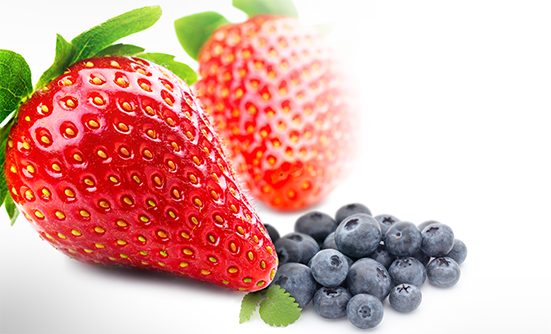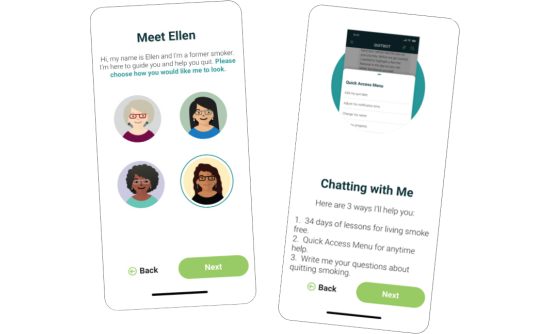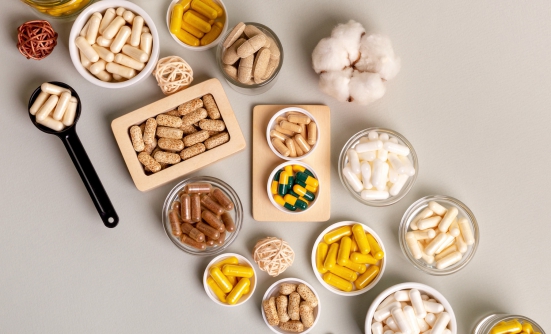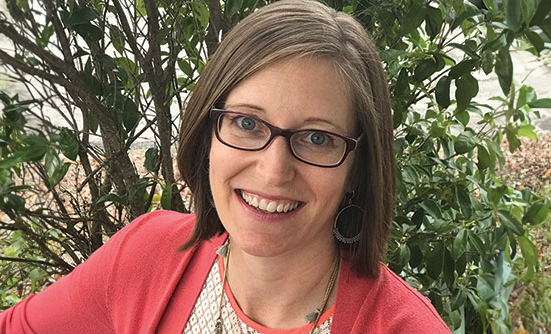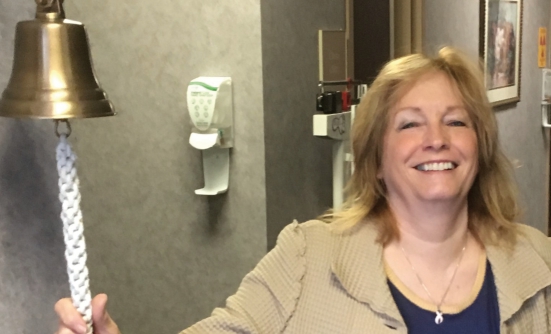As the old saying, attributed to Benjamin Franklin, goes, “An ounce of prevention is worth a pound of cure.” Some cancer risk factors are out of our immediate control, such as genetics and environment causes. But many risk factors are within our grasp, such as diet, exercise, not smoking, and sleep habits.
Even when sleep seems too hard to come by, and excuses to skip the gym seem too easy to find, you can make good choices with your very next bite. You’ll be eating anyway. Why not use your fork to scoop up an ounce of risk reduction?
Here are, in no particular order, easy-to-find cancer-preventing foods you can include today!
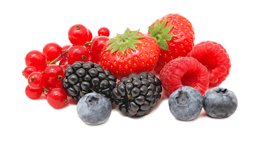
Berries
All berries are rich sources of compounds linked to cancer prevention, such as vitamin C, ellagic acid, flavonoids, and fiber. Strawberries, high in ellagic acid, have been studied for their ability to prevent progression of precancerous cells in the esophagus.
Blueberries owe their rich blue hue to a flavonoid called anthocyanins. In the lab, anthocyanins can act as antioxidants, detox their environment, prevent cancer-cell division and growth, lower inflammation, and inhibit a cancer-cell’s ability to recruit a blood supply. In animal studies, anthocyanins have shown promise against cancers of the esophagus, colon, skin, and lung. While scientists are still waiting for more studies on humans before making strong statements about berries’ protective cancer prevention possibilities, there’s no reason to wait to eat them. They’re delicious and convenient. Even frozen berries retain their cancer protective compounds.
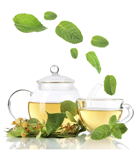
Tea
Many compounds in tea, especially green tea, may help to prevent cancer. Tea contains antioxidants, which protect cells from DNA damage caused by free radicals. In the lab, compounds in tea have been shown to help cancer cells to self-destruct, prevent cell division, hinder their ability to recruit a blood supply, and detox in a way that helps prevent tumor development.
There are so many different compounds in tea, it is nearly impossible to pick which one may be most important. Making the switch is as easy as ordering iced tea the next time you’d like to have a soda.
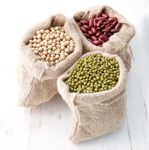
Beans
Eating legumes—beans, lentils, and peas—regularly may reduce the risk for certain types of cancer, most notably colorectal, breast, and prostate.
Part of the benefit of beans and other legumes comes from their fiber content. Although fiber is not digestible and cannot be absorbed by our body, it can feed healthy gut bacteria, binds with toxins, and speeds the removal of waste products through the digestive tract.
The benefit of legumes, however, is not limited to fiber. Legumes contain antioxidants that protect healthy DNA and many other compounds that inhibit cancer-cell division and tumor progression. No time to soak and cook? Just open a can!
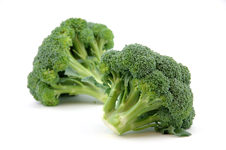
Broccoli
Broccoli and other cruciferous vegetables—such as Brussels sprouts, kale, cabbage, and cauliflower—have been linked to cancer prevention in many studies. Glucosinolates, isothiocyanates, and indoles give cruciferous vegetables their distinct flavor.
These compounds lower inflammation and help the body get rid of carcinogens (cancer-causing compounds). They can turn on genes that suppress tumors, and slow the growth of cancer cells.
Steam, microwave, roast, or sauté cruciferous vegetables to preserve these beneficial compounds: boiling them in a large pot of water can reduce the beneficial impact by half. You can also eat them raw!
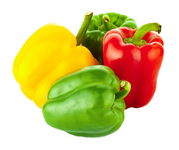
Peppers
Pick a pepper, any pepper! Cancer protection can be found in all of them—from sweet bell peppers to tongue-torching red ones, and every kind in between. Peppers contain protective compounds themselves, and also help in a different way. Piperine—a substance found in ordinary black pepper—helps the body to pick up more of the protective substances found in tea and other spices.
Most homes, restaurants, work cafeterias, and even convenience stores have a pepper shaker just waiting for you to sprinkle on your next bite.
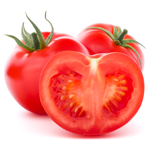
Tomatoes
Tomatoes are high in cancer preventive compounds, such as vitamin C and carotenoids. According to the American Institute for Cancer Research, there is convincing evidence that diets high in carotenoids lower the risk for cancers of the mouth, pharynx, larynx, and lung.
Although still a topic of debate, some studies have also linked eating tomatoes to lowered risk for prostate cancer. The carotenoid known as lycopene can be found in foods as common as ketchup, salsa, tomato, or spaghetti sauce, and even in pizza.
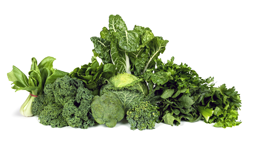
Greens
Dark green, leafy plants contain so many beneficial properties, most experts recommend having something green every day. Folate, fiber, carotenoids, flavonoids, and magnesium are just a few of the cancer-preventing compounds found in spinach, kale, romaine and leaf lettuces, collards, or other greens.
Eating a source of fat with your greens helps your body absorb more of these protective compounds, so it’s okay to use a full-fat dressing on your salad. Big salads not your thing? Hate the amount of time it takes to clean and prepare fresh greens? Try adding frozen spinach to spaghetti sauce and frozen collards or kale into soup.
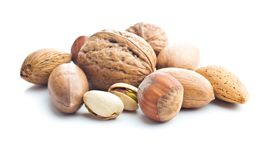
Nuts
All nuts—walnuts, pecans, hazelnuts, almonds, and pistachios (to name a few)—contain compounds associated with cancer prevention, such as vitamin E, healthy fats, antioxidants, and polyphenols such as flavonoids. Brazil nuts are recognized as an excellent source of selenium, a powerful antioxidant.
One study found that survivors of stage III colon cancer who ate 2 ounces of tree nuts each week had a 42% lower risk of cancer recurrence (return).
Nuts are easy to keep in your purse or desk, and they make an easy snack. However, nuts are high in calories, so if you are watching your weight, limit the portion size to 1 handful (about ¼ cup) per day.
The Synergy of Your Entire Diet Counts
According to the American Institute for Cancer Research, although “no one food or food component can protect you against cancer by itself,” increasing evidence suggests that eating a variety of vegetables, fruits, whole grains, and beans, and the synergy between all the compounds in one’s diet, offers the strongest protection against cancer.
Key Points
- Strawberries are high in ellagic acid, which can prevent progression of precancerous cells
- Blueberries are rich in a flavonoid called anthocyanins, which act as antioxidants and prevent cancer-cell division and growth





